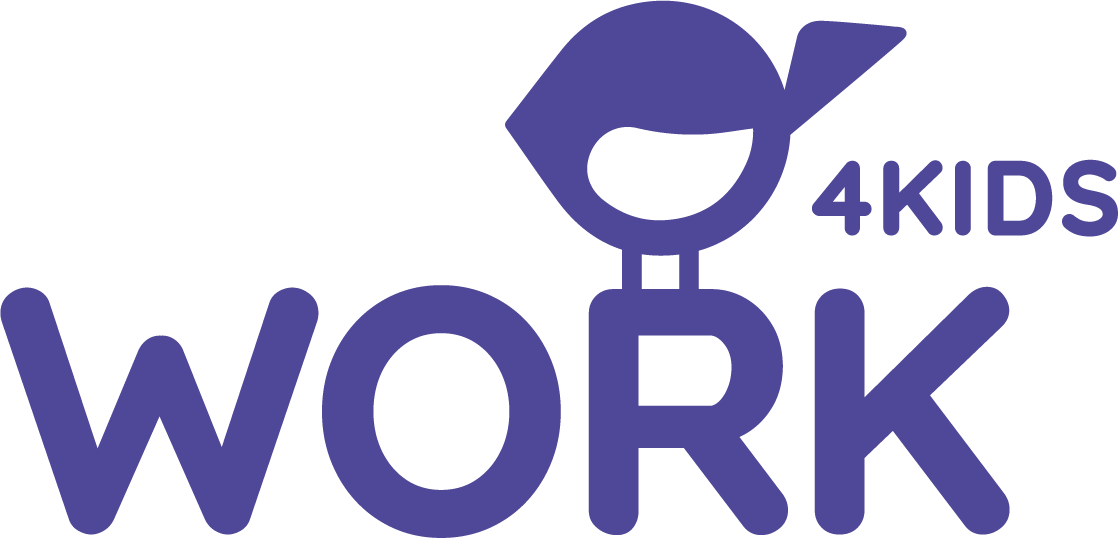Rooms
Rooms/ room design in the day care center
Rooms/room design in the day care center
Children spend a large part of their day in the day care center, which is their
everyday living space. Here they play with friends, eat, argue, get along, exercise or
get along, exercise, or use retreats to be alone. The interior design of the
daycare facility must reconcile many things and take into account the suggestions and
and wishes of the children in order to meet the needs and interests of boys and girls of different ages.
and girls in the different age groups.
The children are offered a wide range of opportunities for activity, movement and
retreat possibilities are offered to the children. The atmospherically designed rooms are accessible without barriers and encourage
accessible without barriers and stimulate the children's self-activity. The use of all
of all activity, movement and retreat opportunities is reviewed regularly and the design of the rooms is
The design of the rooms is further developed with the participation of the children.
An important element of room design in the facility is that the children experience a
low-stimulus environment. Such an environment promotes a relaxed atmosphere that makes it easier for
facilitates the children's concentration on offerings, play, and self-education. Always
in mind when designing the rooms are the needs of the children. During the
The children are involved in the implementation.
In an atmosphere of well-being, holistic learning is easier, because only those who feel good
can deal constructively with their environment and is open to new impulses.
impulses.
The room concept of the KiTa pursues:
-A calm, warm and deliberately color-reduced design of all rooms in natural tones
of all rooms.
-For children clearly arranged premises, with little but meaningful
and without constricting and the overview preventing high shelves,
high shelves.
-The provision of materials and exhibition of children's works (pictures,
handicrafts...) at the children's eye level.
-An appreciation of the children's decorations by displaying them in frames, for example.
-An indirect lighting through floor lamps and wall sconces.
-Cuddle/reading corners with sofa or mattress as well as building areas and the 'Little
Apartment'.
-Few chairs and tables, but carpets on the floor as a play area for
a wide variety of play opportunities (puzzles, construction, kneading...)
-Provide adjoining rooms for special development, such as the building room, the studio or the
the movement room (see below).
-The lunch rooms on the upper floor, where the children can eat their meals and relax without
can eat their meals without disturbance and rest afterwards.
-A natural outdoor area for the free development of the children's urge to move and
urge to explore.
The children move around in the group rooms / home group, the studio, the construction room, the gymnastics / multi-purpose room, the dining room / kitchen and the outdoor area. In addition, quiet rooms provide time for recess and relaxation.



